Protection from abuse orders include emergency protection orders and standard protection orders, which are commonly referred to as restraining orders.
If these types of court orders are violated, a victim or their family can call the police and have the alleged abuser arrested and charged with a crime.
Arranging protection orders at these stressful and upsetting times can be a challenge for some families. The process is made much easier with the help of a domestic violence lawyer who is experienced in such matters.
Call 207-571-8146 or contact us online to schedule a consult with one of our highly skilled criminal defense & OUI lawyers, serving Southern Maine, today.
Table of Contents
What are Protection from Abuse Orders in Maine?
A Protection from Abuse Order is a court order that can help protect against anyone who has been violent or made threats to you or your children.
In Maine, they can be temporary orders of 21 days or “permanent” orders of two years.
Most commonly, protection orders are issued against:
- A spouse or ex-spouse
- A cohabitant or someone you used to cohabitate with
- A current or ex-partner
- A stalker or person who has sexually assaulted you
- A person who has threatened to use explicit photos of you
- Extended family members or care workers of over 60-year-olds who are dependent on others or incapacitated
Plaintiffs, who are classified as the victim, often include spouses, children, family members, roommates, or current or former romantic partners.
Types of protection from abuse orders in Maine
Maine courts issue two types of protection from abuse orders:
- Temporary Protection from Abuse Order – Granted without a hearing or the alleged abuser’s knowledge, this order provides immediate protection if there is an imminent threat. It remains in effect until a court hearing determines if a final order is necessary.
- Final Protection from Abuse Order – Issued after a court hearing where both parties can present evidence. If granted, it typically lasts up to two years but may be extended in exceptional cases.
What can you do if your child is being abused?
The legal system in Maine can act quickly if a child in your care is being abused, as these matters are taken extremely seriously. However, the burden of proving abuse claims remains relatively high.
If you are responsible for the child, you can ask the court to issue an order on the child’s behalf that protects you both.
The process begins by preparing the required court forms, either online or by going to the clerk’s office at the district court and asking for the Protection from Abuse (PFA) forms.
Without the assistance of a lawyer experienced in protection orders, this process can be a little challenging. Seek the assistance of a lawyer at The Maine Criminal Defense Group immediately if a child under your care is being abused.
What if you are threatened with a dangerous weapon?
Threats come in many forms. If the perpetrator has access to dangerous weapons or has already threatened you with a weapon, this is no time to take chances.
The protection order you request from the court can restrict access to any weapon that can cause serious injury or death, including:
- Guns
- Knives
- Swords
- Bows or crossbows
When you fill out your Protection from Abuse forms, you are the “plaintiff”. You will need to explain to the judge why the “defendant” should not be allowed access to the dangerous weapon.
You will normally sign an affidavit and file it with the PFA forms, describing the weapon and how it has been used in as much detail as possible.
The forms then need to be notarized. If you are represented by a lawyer from Maine Criminal Defense Group, we will take care of all the paperwork for you.
In making its decision, the court will consider many factors, including the defendant’s past criminal history, the level of threat of the weapon being used, and whether the weapon has been used to cause injury to you or a child in your care.
If the order prohibiting access to weapons is granted, you can call the police if you believe the order has been violated, and the defendant can be arrested.
Call 207-571-8146 or contact us online to schedule a consult with one of our highly skilled criminal defense & OUI lawyers, serving Southern Maine, today.
How long will it take for the Court to issue an order?
If you are in immediate and present danger, a judge can act quickly to issue a temporary 21-day order (sometimes called an Emergency Protection Order), which protects you from an immediate threat.
You need to indicate the immediate threat on your form and, if the court finds that the alleged conduct conforms with the statutory definition of abuse or harassment, the protection order can be issued right away.
As soon as the order is served on the defendant by the police, it goes into effect and the defendant can be locked out of the home and prevented from contacting certain people mentioned in the court order.
Will you need to appear before a judge?
If you are requesting a temporary protection order because of an immediate threat, it will be presented to a judge as soon as possible once you have completed your form and filed it with the clerk of the court. .
The judge may request more information, in which case he may deny the order and set it for a hearing, which means no temporary order is in effect.
If no more information is required, the 21-day order can be issued without you needing to appear before a judge until your final hearing.
If the temporary order is denied, the judge must explain the reasons for the denial.
Call 207-571-8146 or contact us online to schedule a consult with one of our highly skilled criminal defense & OUI lawyers, serving Southern Maine, today.
What provisions can be included in a protection order?
A protection order may be requested for a variety of reasons and can include provisions for the following:
- No contact The defendant is prohibited from calling, texting, emailing or otherwise disturbing the plaintiff.
- Peaceful contact: The defendant may only communicate with the victim for specific and limited reasons, such as visiting their child.
- Stay away: The defendant must keep a certain distance away from the plaintiff’s home, job, school, vehicle, etc. (usually at least 100 yards).
- Move out: The defendant must move out of the shared home.
- Firearms provision: The defendant must surrender any weapons and is prohibited from purchasing a firearm.
- Counseling provision: The defendant is ordered to attend counseling, such as batterer’s intervention or anger management.
Protection from abuse order Frequently Asked Questions
What happens if a protection order is violated?
Violation of a protection order is a criminal offense in Maine, and the violator may be arrested by police.
Something as simple as contacting the victim over Facebook or by text can result in serious criminal charges that carry life-altering consequences if convicted.
Generally, for the first violation of a protection order, the offense will be treated as a Class D misdemeanor. This can result in a jail sentence of up to 364 days at the local county jail and a fine of $2,000, as well as a term of probation.
For repeat violators or those previously convicted of domestic violence, the case may proceed as a Class C felony charge. This more serious charge can lead to imprisonment of up to five years (in state prison), a term of probation, and a fine of up to $5,000.
What is the difference between a restraining order and a protection order?
In Maine, protection orders and restraining orders are used interchangeably.
The court may consider a protection order/restraining order without the knowledge of the target individual, who will need to present their side of the story at a later court hearing.
I’ve been given a protection from abuse order. Do I need an attorney to help?
The court will schedule a hearing within 21 days from the request to hear testimony and evidence from both parties to the dispute before denying or granting a permanent order that may last two years. A PFA order can have significant consequences when granted, so the representation of an attorney can be invaluable.
Does the temporary protection from abuse order prevent me from owning firearms in Maine?
It may. If the complaint demonstrates abuse involving a firearm or a weapon or shows a heightened risk of immediate abuse to the victim or a child, the judge may extend that protection.
Is a protection from abuse order recognized in Maine on a criminal background check?
A protection from abuse order is a civil rather than a criminal remedy. It is, however, a matter of public record. If you have been given a protection from abuse order, it is critical to retain the services of an attorney for this as well as other reasons. A civil restraining order may follow you for the rest of your life and cause you serious problems in all sorts of ways.
Is it possible to get court-appointed counsel to defend against a protection from abuse or harassment claim?
Since protections from abuse and protection from harassment orders are civil matters, you cannot obtain court-appointed counsel.
If the person who filed the complaint against me contacts me, can I talk to them?
Probably not. The PFA is a court order. Violation of the order can result in criminal action. Read it carefully. Talk to an attorney first.
What does it cost to file a protection from abuse of protection from harassment complaint?
There are no filing fees for a protection from abuse complaint, however there are costs associated with a harassment complaint unless it involves stalking, sexual assault, or domestic or dating violence.
Tips on How to Prevent Domestic Violence
Whether you need help arranging a protection from abuse order as the plaintiff or challenging one as the defendant, call Maine Criminal Defense Group at (207) 571-8146 or contact us online immediately.
Call 207-571-8146 or contact us online to schedule a consult with one of our highly skilled criminal defense & OUI lawyers, serving Southern Maine, today.
Blog Posts
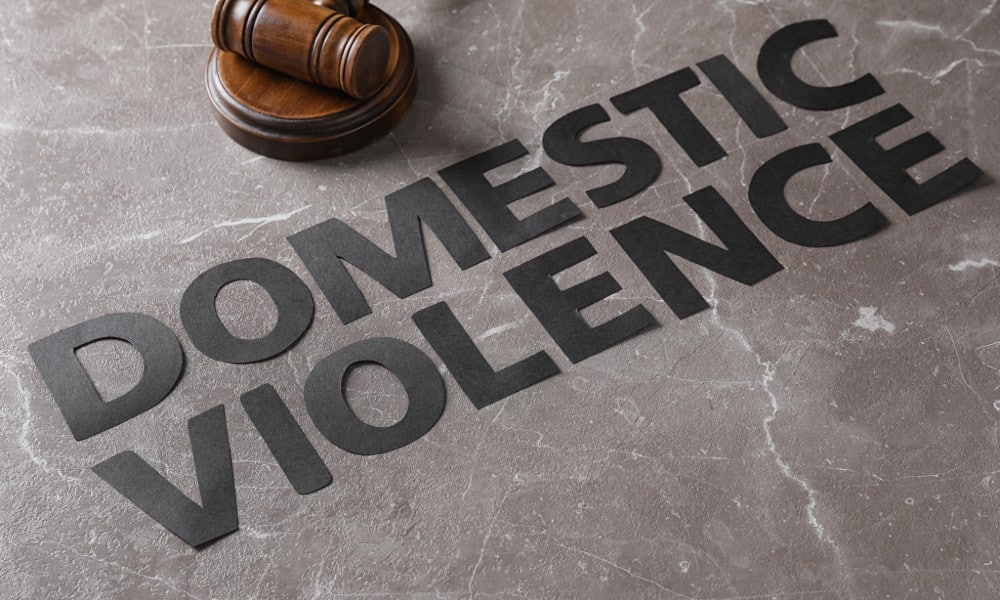
A domestic violence conviction can have serious consequences in Maine Assault, criminal threatening, and reckless conduct in domestic settings can all be classed as domestic violence in Maine—and criminal charges[...]

Defending those accused of domestic violence in Southern Maine Assault, criminal threatening, and reckless conduct in domestic settings can all be classed as domestic violence in Maine—and criminal charges can[...]

Sexual assault and sexual battery both refer to criminal offenses where a victim does not provide consent to sexual contact. This contact may or may not involve penetration, force, violence,[...]
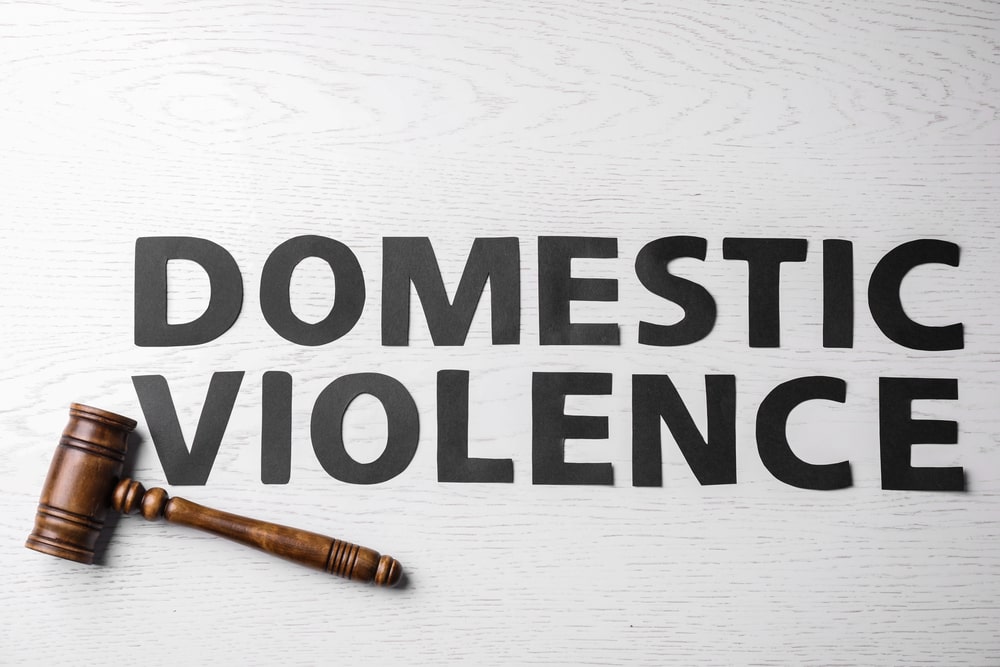
The domestic violence and stalking laws in Maine are currently being updated to address some shortcomings in the previous laws and to add clarity for both victims and accused parties[...]

In recent years, convictions for domestic violence offenses in Maine have increased as state prosecutors rigorously pursue cases. This has led to harsher penalties for offenders, which makes it even[...]
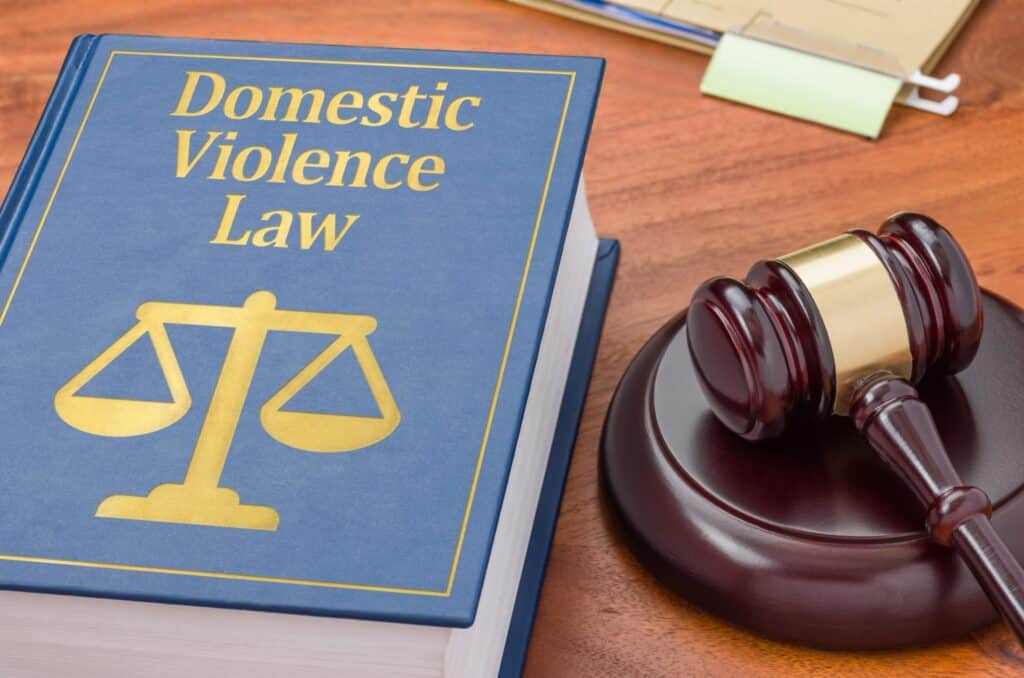
Crimes of domestic violence in the state of Maine can be confusing. This is because crimes of domestic violence are really just other crimes, like assault or battery, when those[...]

A protection from abuse order (PFA) can make it illegal for an individual to contact you or your children in the state of Maine. Filing a PFA is often a[...]
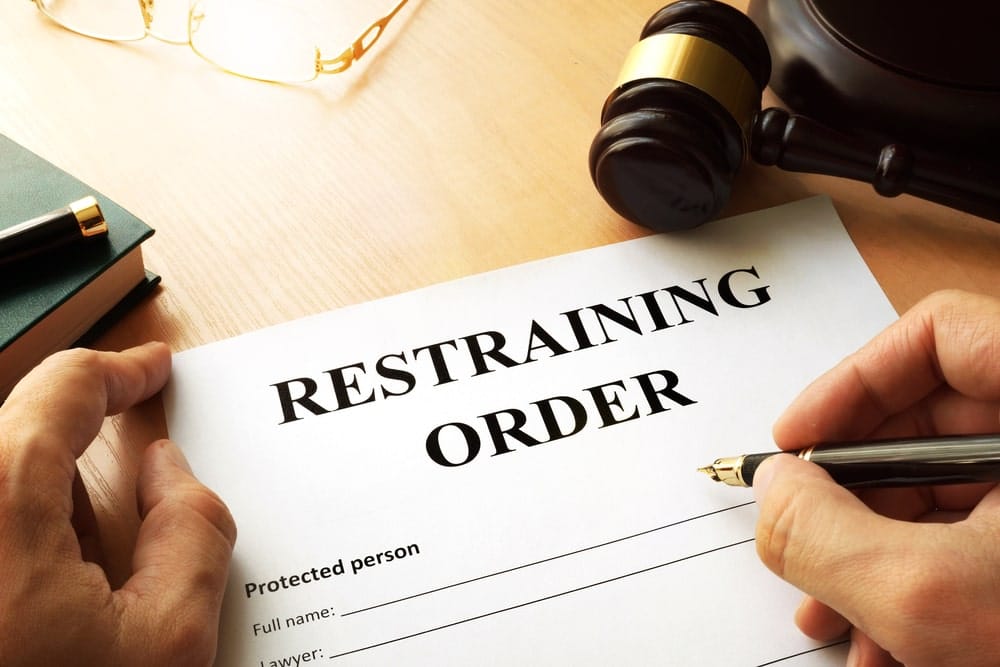
Protection from Abuse Orders (PFAs), such as restraining orders and no-contact orders, are frequently issued by the courts in domestic violence cases in Maine but are often confused. No contact[...]
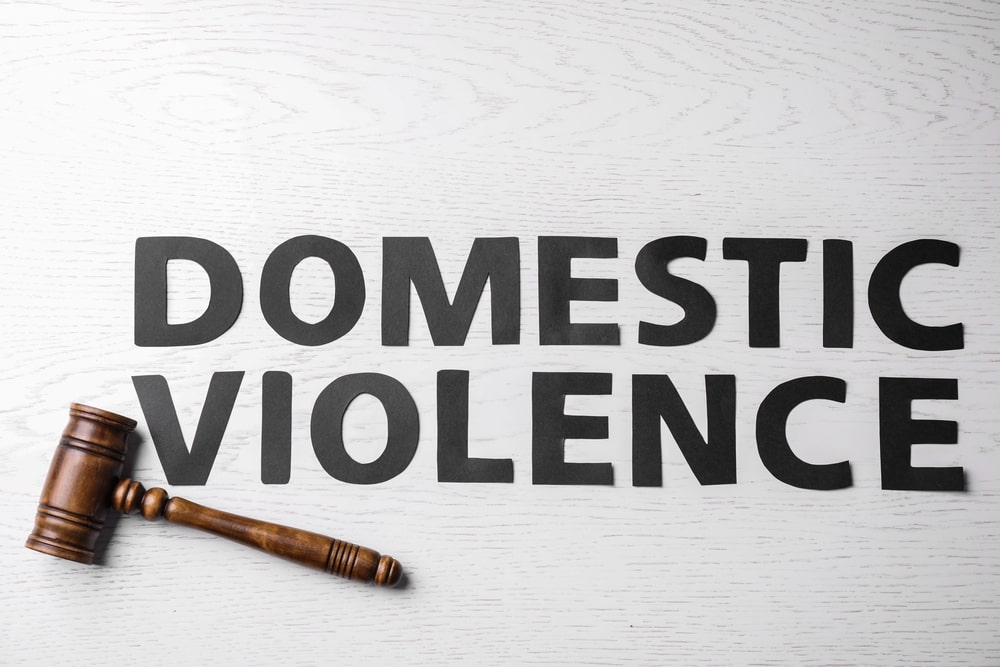
This article was updated March 6, 2025 Oftentimes what I see in these domestic violence situations is that a husband and wife get in a fight. They love each other[...]

Domestic violence cases can be some of the most challenging to deal with for everyone involved. Families with children can be thrown into turmoil with emotions running high. Many people[...]


